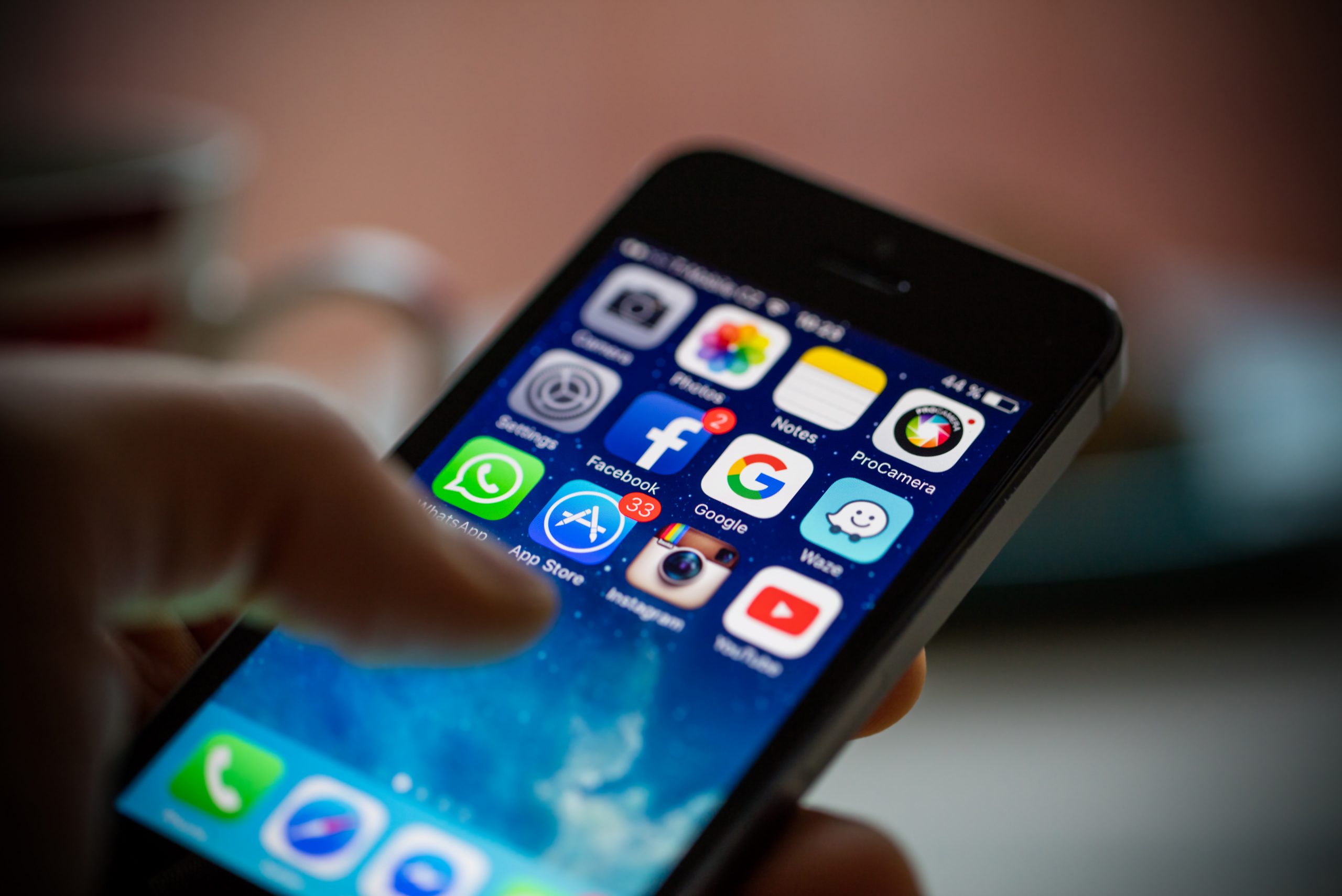During the COVID-19 pandemic, people spent a lot of time isolated and indoors, which helped foster an environment where some people now feel lonelier than ever. The result is a loss of social connectedness—the degree to which people feel the social connections and relationships in their lives to satisfy their wants and needs. When social…
Your Welcoa membership has expired.
How Does Social Media Impact Well-Being?
Organizations are beginning to move out of the traditional approach of outcomes-based physical wellness programs, and into an approach that supports the whole person and all aspects of what makes them well. This modern approach is exciting for many reasons, and one of those is the opportunity to start identifying the real contributors to whole-person well-being and modern-day social determinants of health.
Today, we’re asking fewer questions about BMI, blood pressure, physical activity, and diet, and more questions about psychological safety, diversity, equity, inclusion, and belonging (DEIB), loneliness, and equitable pay. In truth, we’re actually asking more questions in general, because, in order to get to the bottom of workplace wellness, we’re required to look beyond the obvious.
One area we’re starting to ask questions about is the impact of technology and social media on well-being.
The use of technology has been proven to have an impact on well-being. In some ways, that impact has been positive. Resources, education, and information about well-being abound. The wellness tech space is growing rapidly and there are some really exciting solutions at the forefront. But just as the good is spreading rapidly, so is the bad.
Research has shown a correlation between social media use and its negative effect on body image and disordered eating, and anxiety and depression. For that reason, technology like social media could be considered a social determinant of health.
According to the US. Department of Health and Human Services, social determinants of health (SDOH) are, “the conditions in the environments where people are born, live, learn, work, play, worship, and age that affect a wide range of health, functioning, and quality-of-life outcomes and risks.” One study revealed that in 2020, Americans spent more than an average of 1,300 hours on social media. That’s more than 3 hours per day. That amount of time spent in any environment, let alone a highly accessible digital environment, is bound to have an impact.
Another recent experiment conducted by researchers at Stanford and New York University explored what could happen if we spend less time in that digital environment. The researchers recruited over 2,000 participants and paid them about $100 to deactivate Facebook for four weeks, during the mid-term elections.
The findings of the study acknowledge the good—that social media is often used as a source of news information, entertainment, charitable giving, activism, and a social lifeline for those who are otherwise isolated. It can fulfill deep and widespread needs.
The study also acknowledged that the downsides are substantial enough to be of real concern. They found that when participants deactivated Facebook for four weeks, it reduced their overall online activities, increased their offline activities, and significantly improved their self-reported happiness, life satisfaction, depression, and anxiety.
This isn’t surprising though, is it? Human beings are social creatures. Healthy social environments are a key part of our ability to thrive. The opposite is also true. Being disconnected from healthy social environments and human interaction can stifle our ability to thrive. This is relevant to organizations because a workplace environment is one that also has the ability to foster meaningful human interaction in a world that is more disconnected and lonely than ever.
As we continue to learn about the impact of technology, and social media on well-being, the more we at WELCOA are convinced that human connection and a whole-person approach are fundamental to fostering well-being and human performance in organizations. We’re committed to helping organizations address these prevalent needs.
This is so important to us that we’ve woven social considerations into our Well Workplace Checklist and 7 Benchmarks Process which is what WELCOA Members use to develop award-winning wellness programs that are changing lives and building healthier workplaces.
If you’re looking to start asking the questions that will really move the needle in employee wellness for your organization, consider joining our forward-thinking community of wellness professionals as a WELCOA Member.





